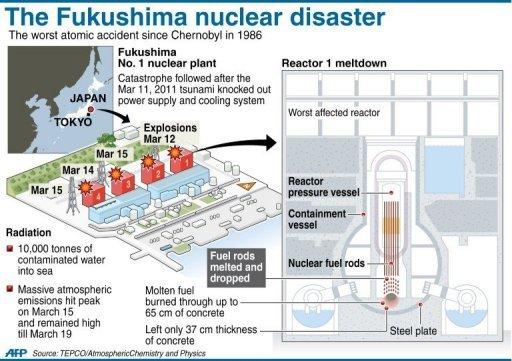Urban Livelihoods Recovery, Lessons from Port-au-Prince, Haiti
The earthquake that struck just south of Port-au-Prince, Haiti, on 12 January 2010 led to the loss of more than 220,000 lives, over 310,000 injuries and extensive damage to the city’s buildings and infrastructure. In June 2010, the British Red Cross (BRC) began to implement an integrated recovery programme in Port-au-Prince, including livelihoods, shelter, water, sanitation and hygiene activities. The livelihoods component of the programme involved two main stages: 1) cash grants (three tranches of USD 250) to 4,000 families and vocational and business training and 2) the establishment, training and provision of loans to microfinance groups, as well as the provision of loans and training to small and medium-sized businesses to support their growth, and thus job creation.
This report focuses specifically on lessons learned from the implementation of the livelihoods component of the BRC urban recovery programme, from April 2010 to December 2013. It is a shortened version of a wider, internal study completed on the same topic, which focuses on issues relating to asessment, decision-making and management. As part of the British Red Cross Urban Learning Project, the purpose of the study was to gather evidence on specific challenges and opportunities in urban assessment, programme design and practical implementation, with a focus on urban livelihoods and economic recovery.
British Red Cross, 2014

